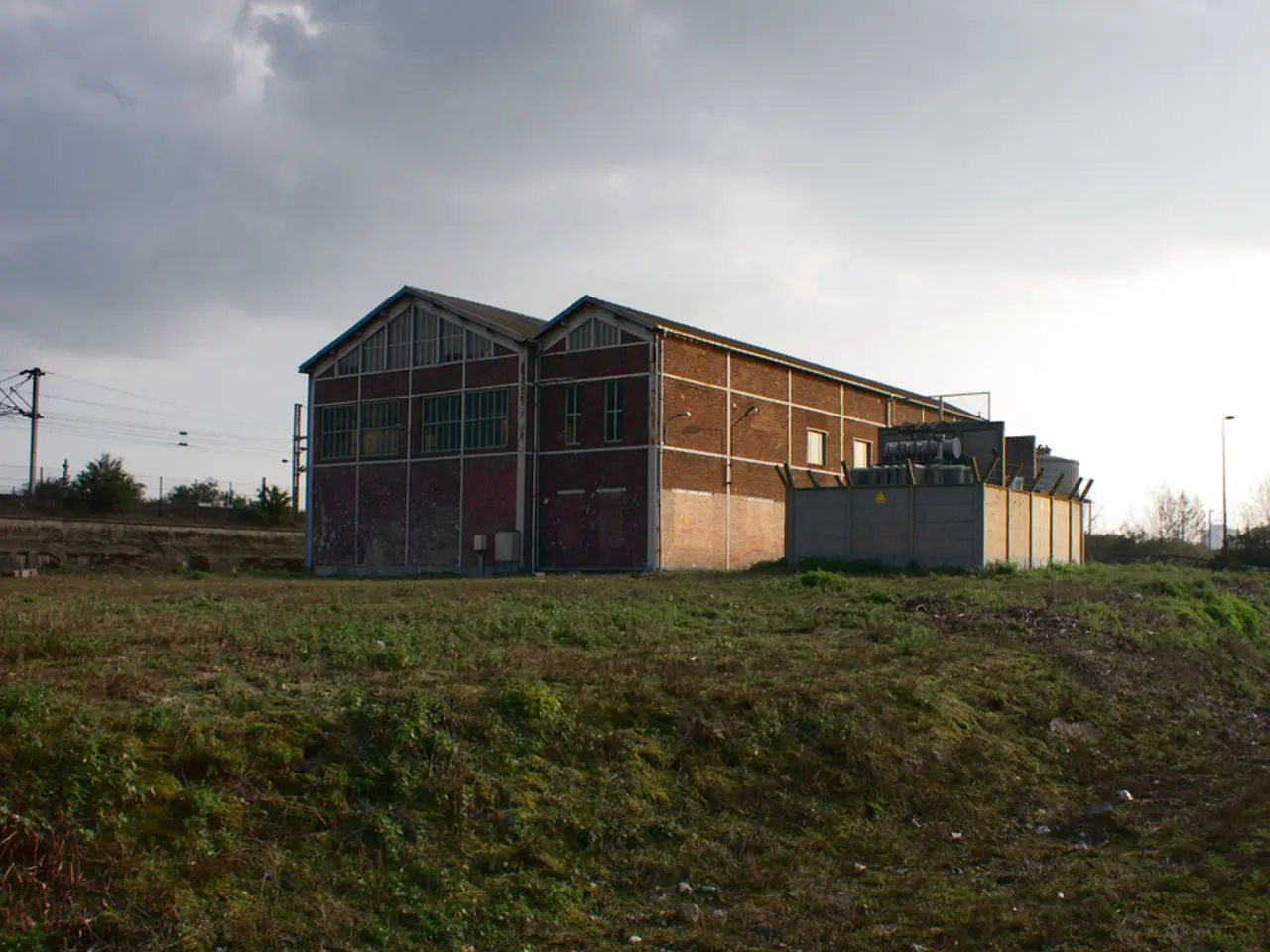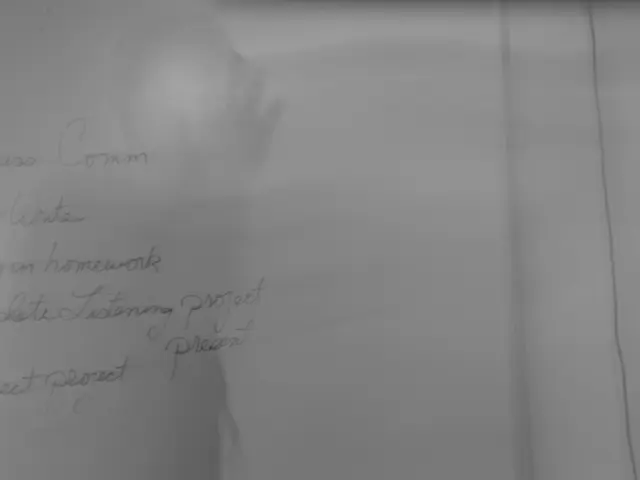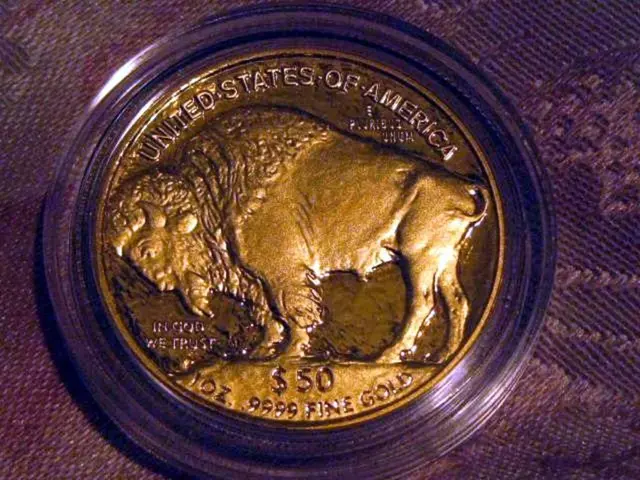Home-held electrical items might alleviate the current copper deficiency
The demand for copper, a critical component in renewable energy technologies, electric vehicles, and infrastructure, is growing faster than its production, leading to a market supply deficit. This trend, as reported by the International Copper Study Group (ICSG), saw a 3.3% increase in copper usage during Q1 2025, with China, a leading consumer, accounting for about 58% of the global total.
This growing demand, coupled with supply constraints, has highlighted the importance of recycling electrical cables and other items as a key strategy to partially close the gap between rising copper demand and constrained production.
The Role of E-Waste Recycling
E-waste, or electronic waste, contains valuable materials beyond just copper. Recycling these items can help address the growing copper demand and the environmental and social impacts of mining raw materials. Copper is highly recyclable without degradation, and scrap copper—such as plumbing copper—commands high demand in the recycling industry.
In the UK, each household throws away or stores an average of 23 cables. These cables, containing at least 20% copper, are a significant untapped resource. In fact, Recycle Your Electricals found 38,449 tonnes of copper in UK households, enough to build 1,240 copper Statues of Liberty.
The Great Cable Challenge
Acknowledging the importance of e-waste recycling, Recycle Your Electricals is launching 'The Great Cable Challenge' to coincide with International E-Waste Day on October 14. The challenge aims to recycle 1 million cables, emphasizing the power of unused or broken electricals in supporting sustainability and supply reliability.
Recycling electrical cables can also contribute significantly to meeting the UK's annual demand in technology. Recycle Your Electricals' identified volume of household copper would be enough to meet the UK's annual demand in technology.
Encouraging E-Waste Recycling
Scott Butler, Executive Director of Recycle Your Electricals, encourages people to recognize the value of their unused or broken electricals. He emphasizes the importance of "urban mining" to protect the environment, stating, "The Great Cable Challenge is a call to action for everyone to do their part in reducing waste and contributing to a more sustainable future."
A Growing Problem
Despite the importance of e-waste recycling, a survey revealed that 44% of respondents didn't know that cables and electricals contain valuable materials beyond just copper. This lack of awareness underscores the need for education and initiatives like The Great Cable Challenge to raise awareness and encourage more people to recycle their electrical waste.
Meeting Future Demand
Industry experts predict potential severe copper shortages in the next 5 to 10 years due to depleted easy-to-extract copper deposits and challenges in securing social and environmental approval for new mines. Increasing the proportion of recycled copper to 50% from current levels of 30% could potentially meet the additional copper demand.
In summary, recycling copper from e-waste is a key strategy to partially close the gap between rising copper demand and constrained production, supporting the sustainability of copper-intensive sectors in the face of supply challenges.
Recycling Points in the UK
By 2030, 347,000 tonnes of copper will be needed for wind turbines and solar panels, and 30% of this could be produced from recycled copper currently being thrown away. Recycling electrical cables and other items with a plug, battery, or cable can be done at over 26,000 recycling points throughout the UK.
For those interested in learning more about electrical matters, InfotecNEWS, a sister title of this publication, is a relevant resource.
[1] ICSG, Q1 2025 Copper Market Report [2] JP Morgan, Copper Market Outlook 2025 [3] Recycle Your Electricals, Impact of Copper Recycling on Closing the Supply-Demand Gap [4] Bloomberg Intelligence, Copper Market Outlook 2025-2033
- To help alleviate the growing copper demand and contribute to a more sustainable future, recycling electrical cables, which contain at least 20% copper, is a significant untapped resource, as demonstrated by the 38,449 tonnes of copper found in UK households.
- The recycling industry values scrap copper, such as plumbing copper, and the highly recyclable nature of copper without degradation makes it an essential strategy in narrowing the gap between rising copper demand and limited production.
- Recycling electrical cables can play a crucial role in meeting the UK's annual demand in technology, with Recycle Your Electricals' identified volume of household copper potentially sufficient to meet this demand, underscoring the importance of e-waste recycling in sustaining critical industries.




